Table of Contents
Key Takeaways
- Tech giants lost trillions in market value following Trump's reciprocal tariffs announcement, yet their CEOs remained conspicuously silent in public
- Rather than making public statements, tech leaders are leveraging private channels and trade organizations for targeted lobbying efforts
- The approach reveals a calculated risk assessment: public criticism of tariffs carries political danger while behind-the-scenes negotiations offer better chances for company-specific exemptions
- This shift marks a departure from previous years when tech CEOs more readily offered public commentary on major policy issues
- The situation reflects a new reality where corporate strategy must account for unpredictable political winds and presidential volatility
It's a crisp Monday morning in Silicon Valley. Inside Apple's gleaming, ring-shaped headquarters, Tim Cook is likely reviewing not just product roadmaps and quarterly forecasts, but also closely monitoring communications from Washington. Across town at Meta, Mark Zuckerberg, despite his company losing billions in market valuation, posts enthusiastically about AI advances but nothing about the policy decision that just rattled global markets. In Seattle, Amazon's Andy Jassy has made only brief, measured comments despite leading a company whose entire business model sits squarely in the tariffs' crosshairs.
The earthquake that sent tremors through tech boardrooms began with Trump's reciprocal tariffs announcement last week. As markets plunged and the "magnificent seven" tech giants collectively hemorrhaged trillions in market capitalization, the response from the industry's most powerful voices was perhaps the most telling aspect of all: calculated silence.
"The sand doesn't stop shifting long enough to make a cogent statement," confides a top communications executive who has worked closely with multiple Big Tech CEOs. This reticence might seem puzzling for an industry whose leaders once positioned themselves as forward-thinking visionaries unafraid to weigh in on major social and political issues. But in today's volatile political climate, where presidential favor can shift with a tweet and policy positions evolve hour by hour, public statements have become high-risk propositions with questionable rewards.
Behind this public silence, however, lies a hive of activity. Tech CEOs aren't inactive—they're simply operating through channels invisible to the public eye.
"There's a lot of personal dialing and trying to get deals done," explains Niki Christoff, a Washington political strategist and former McCain campaign aide who understands the intricate dance between Silicon Valley and D.C. "Broadly opposing tariffs is not useful if business leaders can get exemptions on their own products."
This isn't the industry's first rodeo with tariff negotiations. During Trump's first term, Tim Cook cultivated a direct relationship with the president, creating a personal channel through which he could advocate on issues from trade to immigration. That playbook is being dusted off across the industry. Nvidia's Jensen Huang reportedly attended a $1-million-per-plate dinner at Mar-a-Lago shortly before the White House eased planned export controls on certain semiconductors bound for China—precisely the kind of chips Nvidia sells.
The strategy makes cold, practical sense. Each tech giant faces unique challenges from the new tariff regime. Apple's intricate supply chain and significant exposure to Chinese manufacturing creates vulnerabilities distinct from Microsoft's software-centric business or Amazon's vast network of third-party sellers. Universal opposition to tariffs might generate headlines, but targeted lobbying for specific carve-outs offers tangible benefits.
"Each of these companies has different exposure to China and different relationships with the administration," says a veteran Silicon Valley executive who requested anonymity to speak candidly. "A unified front might look good on paper, but it doesn't serve their individual interests."
The strategy also includes strategic delegation. Tech CEOs are letting industry groups like Business Roundtable carry their collective water. Its CEO Joshua Bolten issued a statement urging the administration to "swiftly reach agreements" with trading partners and implement "reasonable exemptions." Meanwhile, traditional finance leaders like JP Morgan's Jamie Dimon and hedge fund billionaire Bill Ackman have become de facto economic spokespeople, freeing tech leaders from the spotlight.
There have been exceptions to this cone of silence. Amazon's Jassy acknowledged that tariffs might force the company's vast network of sellers to pass costs on to consumers. In a CNBC interview alongside Bill Gates and Steve Ballmer, Microsoft CEO Satya Nadella responded to questions about tariffs with carefully crafted evasion, pivoting instead to artificial intelligence's promise. "In the short term, I look at it and say, whatever happens, whatever readjustment happens, we are for the first time really supplying what is the essential, nondurable commodity called intelligence," Nadella offered, before skillfully redirecting the conversation to computing needs 25 to 50 years in the future.
And then there's Elon Musk, operating in his own distinct orbit. The Tesla CEO has publicly feuded with Trump's trade adviser Peter Navarro, calling him a "moron" after Navarro dismissed Tesla as merely a "car assembler" dependent on foreign parts. Musk later doubled down, saying his comparison was "so unfair to bricks." But even Musk's outspokenness appears self-interested rather than principled, focused narrowly on Tesla's manufacturing credentials rather than broader economic concerns.
This strategic silence marks a significant evolution in how technology leaders navigate the increasingly treacherous intersection of business and politics. Not long ago, tech CEOs regularly issued public statements on major social and political developments. Companies took positions on immigration, climate policy, and social justice issues. Those public pronouncements, however, often masked the same private lobbying that has now moved to center stage.
The shift reflects a brutal new calculus: in a nation where presidential whims can move markets and reshape industries overnight, public criticism carries outsized risk with minimal reward. For companies whose market valuations and complex global operations hang in the balance, private influence offers a better return on investment than public pronouncements.
"These aren't NGOs or advocacy groups," says a former tech policy adviser now working in venture capital. "They're publicly traded companies with fiduciary responsibilities to shareholders. The idealistic veneer was always thinner than we pretended."
As markets stabilize and the initial shock subsides, the tech industry's response to tariffs offers a window into how corporate America now operates in an era of political volatility. The days of CEOs as public thought leaders may be giving way to a more traditional model of private influence and targeted lobbying. For the tech industry specifically, it signals a maturing recognition that their businesses are now too deeply embedded in the global economy to risk being casualties in political crossfire.
What remains to be seen is whether this tactical retreat from public discourse represents a temporary adjustment or a more permanent shift in how Silicon Valley engages with Washington. Either way, as the dust settles on this latest economic disruption, one thing becomes clear: in the high-stakes poker game between tech and government, the most revealing moves are often the ones played under the table, not the ones announced to the gallery.

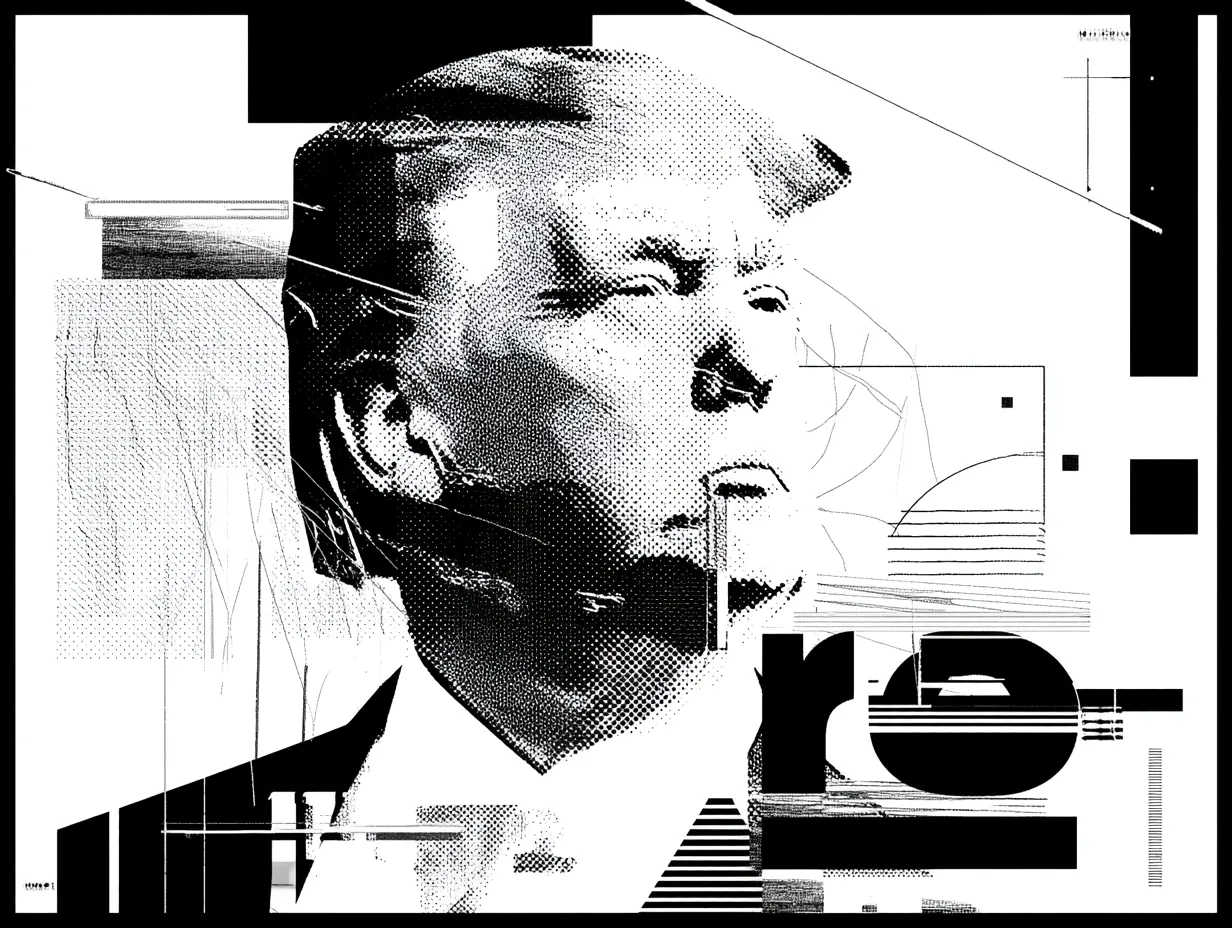
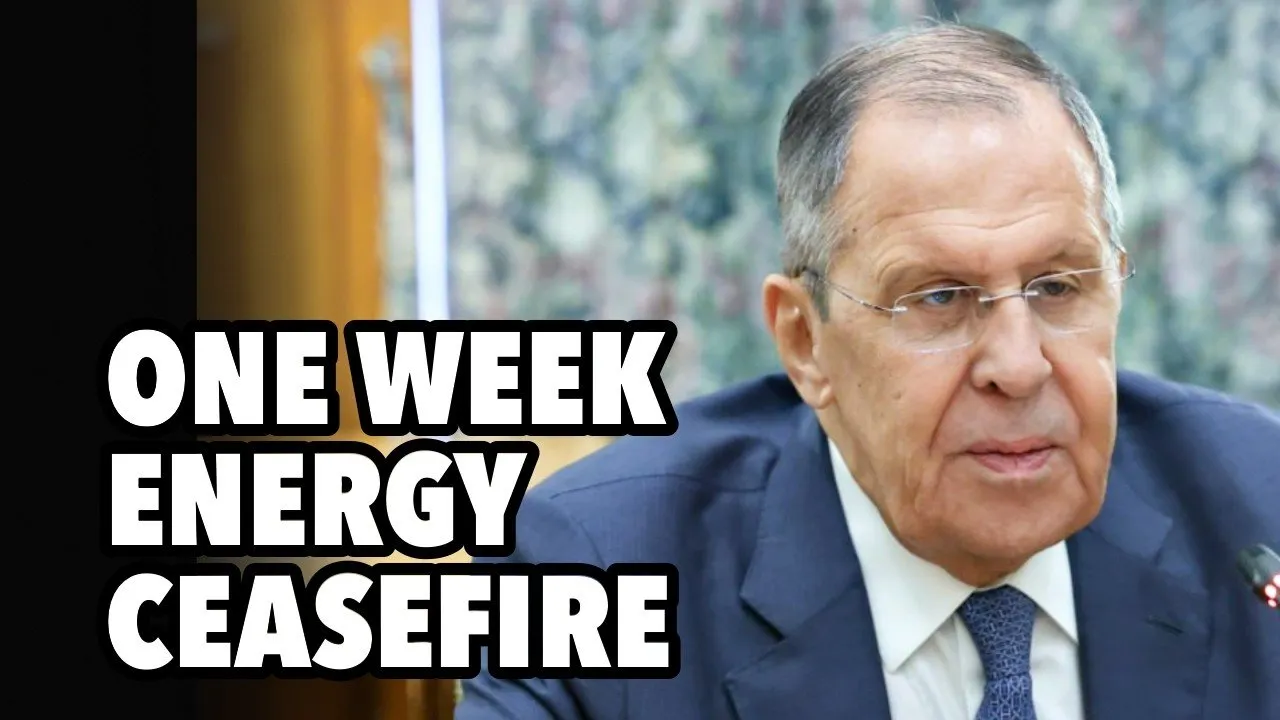
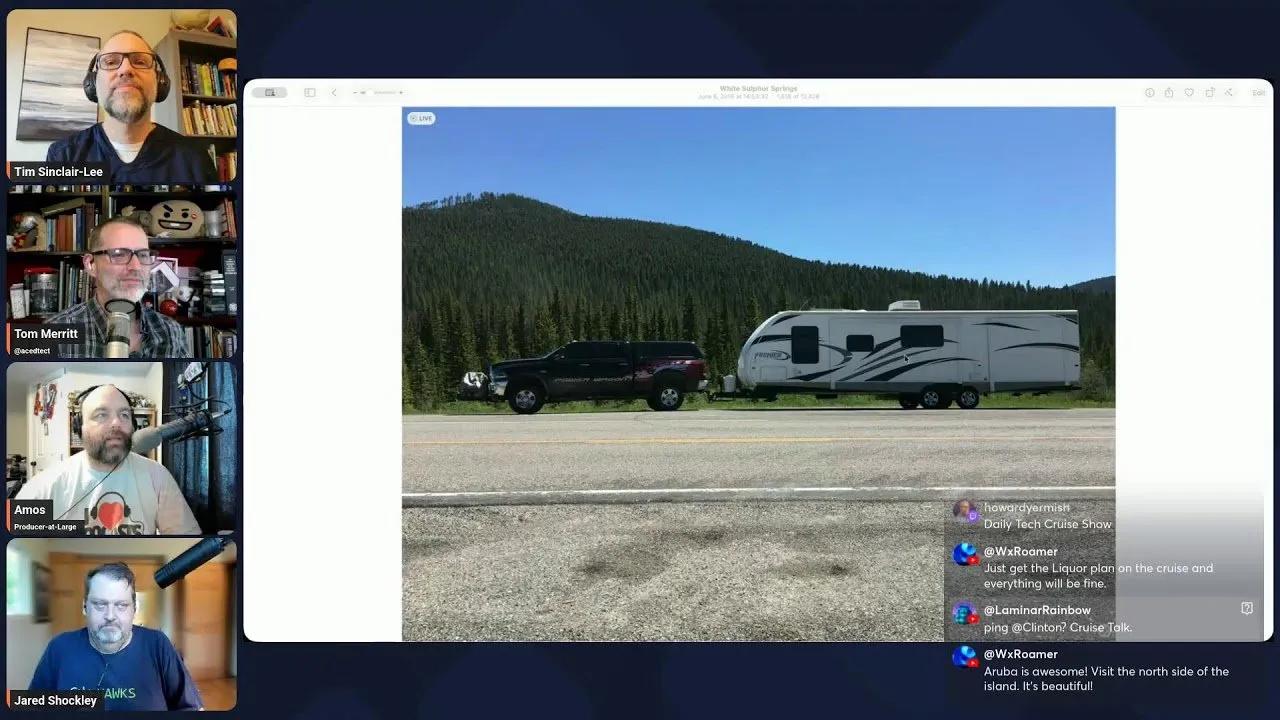
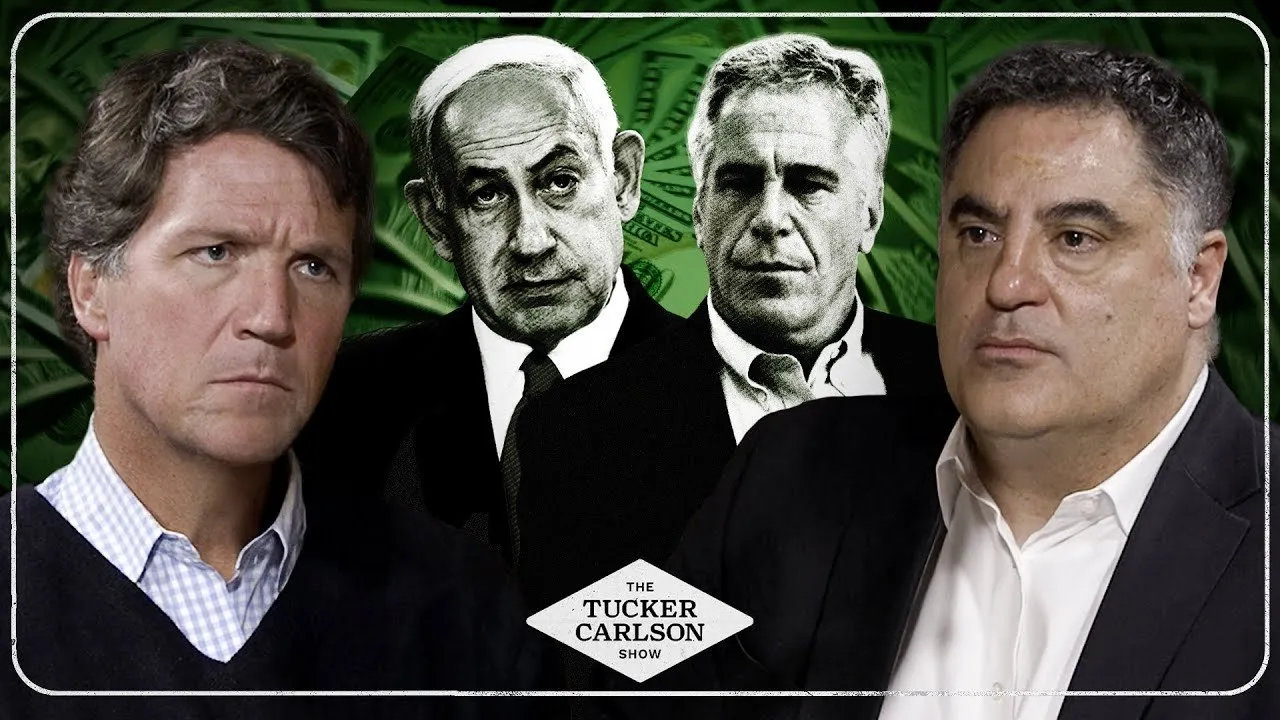
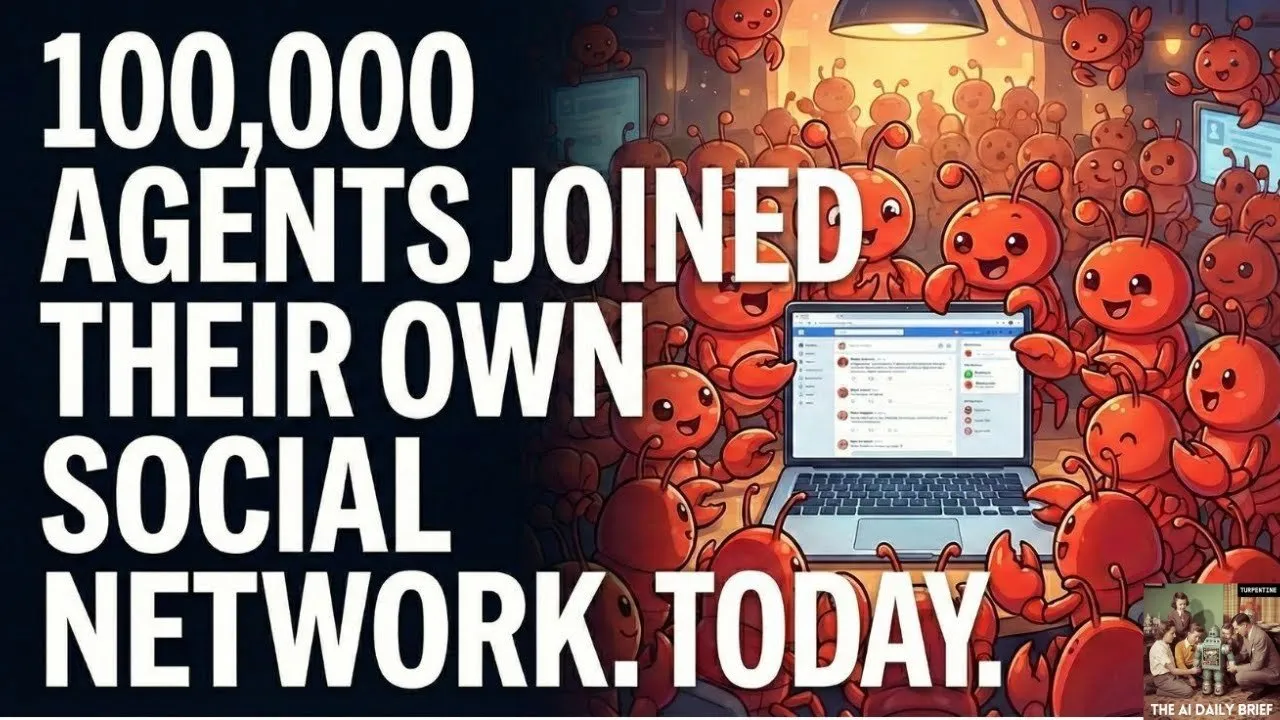
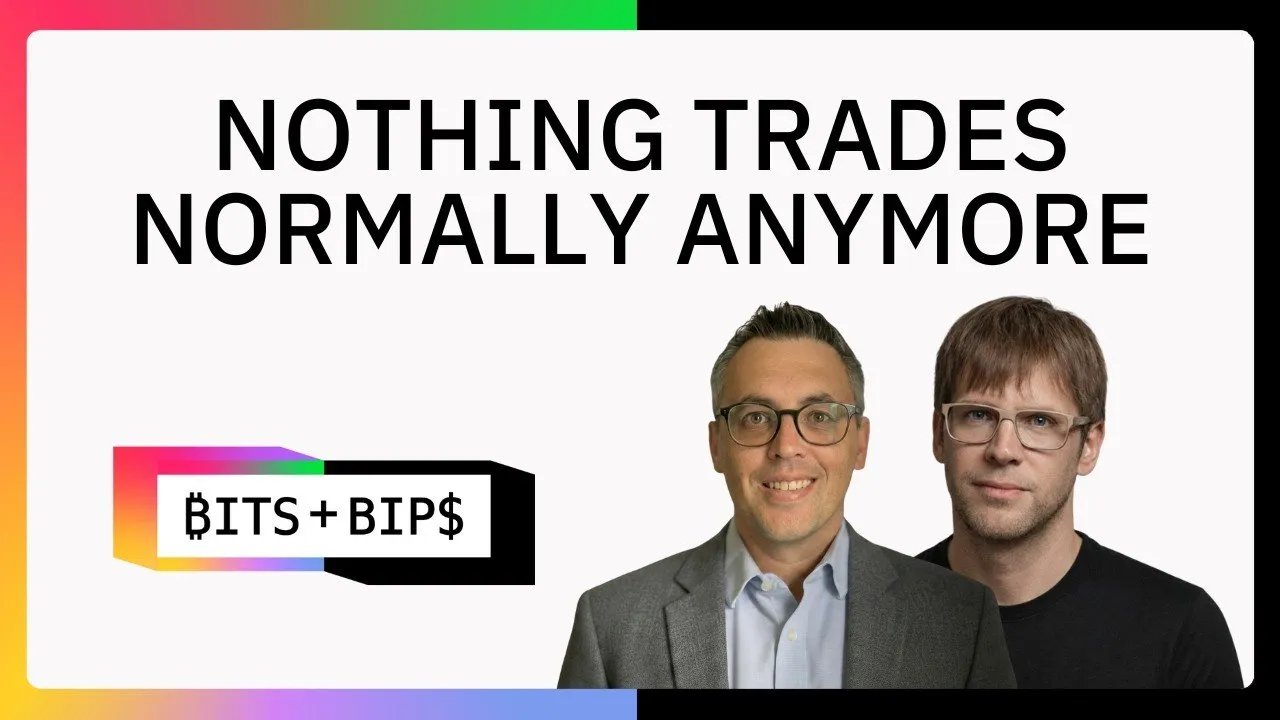

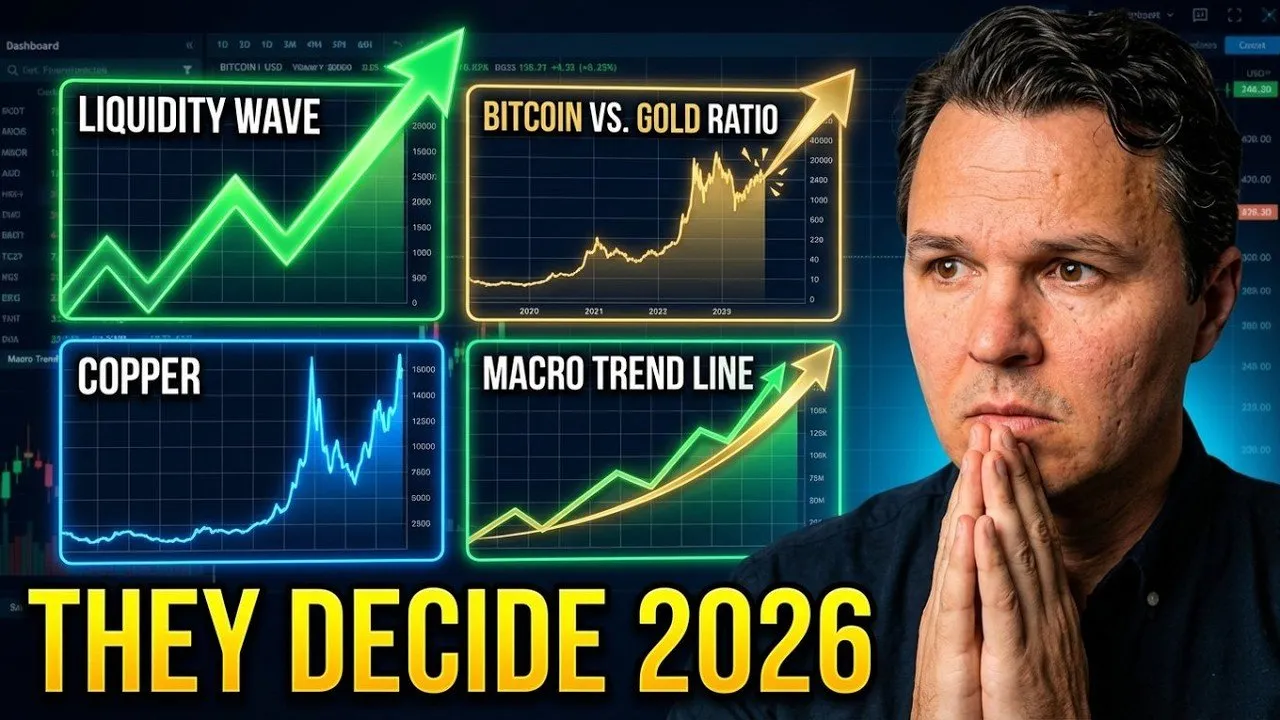
![This New Bitget Platform Changes the Game [Literally Gold]](/content/images/size/w1304/format/webp/2026/02/bitget-launches-universal-exchange-gold-usdt.jpg)